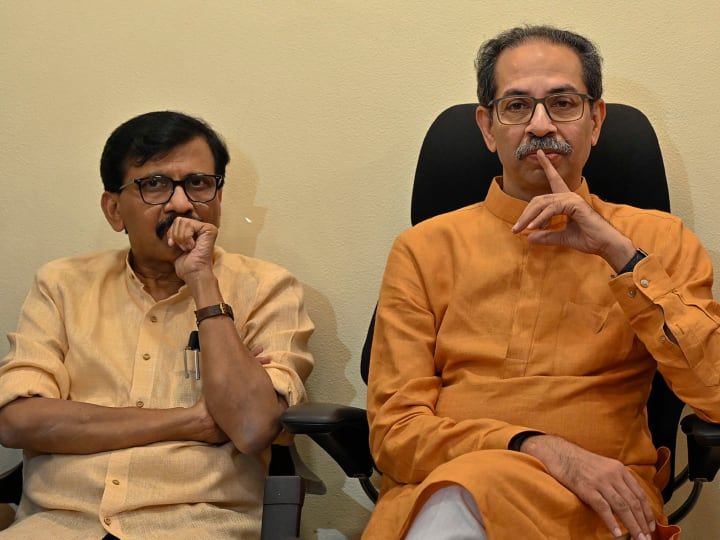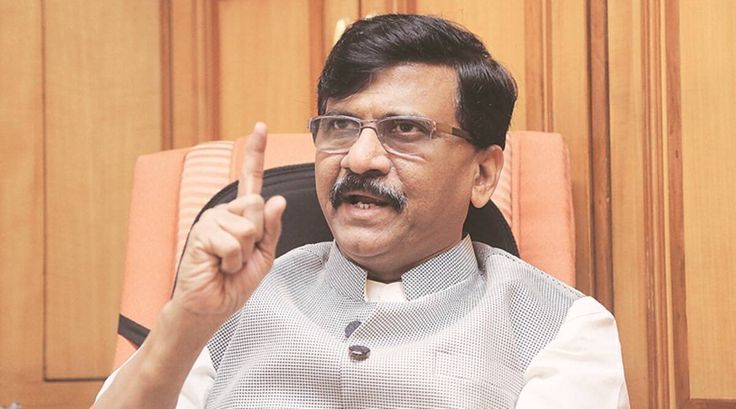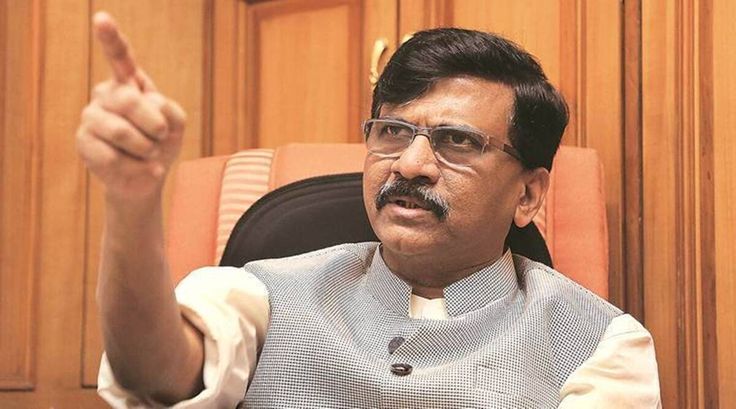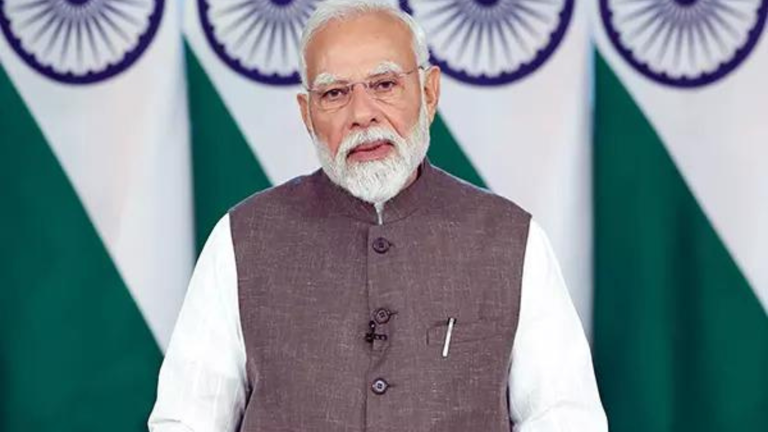Sanjay Raut, a prominent leader of the Shiv Sena (Uddhav Balasaheb Thackeray) and Rajya Sabha MP, has emerged as a vocal critic of the Bharatiya Janata Party (BJP)-led central government following the devastating Pahalgam terror attack on April 22, 2025, which claimed 26 lives, including six from Maharashtra. Through sharp statements and editorials in the party mouthpiece Saamana, Raut has demanded accountability, targeting Prime Minister Narendra Modi and Home Minister Amit Shah. He called for Shah’s resignation, labeling him responsible for repeated intelligence failures, and criticized Modi for showing no visible grief, instead engaging in election campaigns and Bollywood events shortly after the tragedy. Raut questioned the government’s reliance on military action without political leadership, dismissed actions like shutting down a YouTube channel as “drama,” and expressed frustration over exaggerated media narratives and the government’s apparent lack of concern despite ongoing tensions with Pakistan. This article explains Raut’s accusations, the Shiv Sena (UBT)’s stance, and the broader context in simple and formal language.
The Pahalgam Attack and Alleged Intelligence Failure
The Pahalgam attack, one of the deadliest in Jammu and Kashmir since the 2019 Pulwama strike, prompted strong reactions across India. In Saamana, the Shiv Sena (UBT) labeled the attack an “intelligence failure,” arguing that the revocation of Article 370 in 2019, which removed Jammu and Kashmir’s special status, has not curbed violence. The editorial emphasized that Hindu communities remain targets, contradicting the BJP’s claims of enhanced security. Raut demanded accountability, questioning why intelligence agencies failed to prevent the attack and criticizing the government for relying on threats against Pakistan instead of addressing local security gaps.

Absence from the All-Party Meeting
The central government convened an all-party meeting to discuss a unified response to the attack, but the Shiv Sena (UBT) did not attend, citing prior commitments with a parliamentary delegation. MP Arvind Sawant, in a letter to Parliamentary Affairs Minister Kiren Rijiju, clarified the absence but pledged support for decisive government action. However, Saamana criticized the government for suppressing opposition voices, questioning the value of such meetings if opposition parties cannot freely discuss security issues in Parliament. Raut argued that this stifling of debate undermines democratic processes on critical national matters.
Broader Criticism of BJP’s National Security Approach
Raut and the Shiv Sena (UBT) accused the BJP of politicizing national security, calling its nationalism “hollow” and performative. Citing past attacks like Pulwama, Uri, and Pathankot, alongside Pahalgam, Raut claimed the government fails to prevent recurring violence. He criticized the BJP for focusing on symbolic gestures, such as refusing to play cricket with Pakistan, while lacking substantive action against cross-border terrorism. Raut also alleged that the government’s divisive politics distracts from national security priorities, further fueling his demand for Shah’s resignation over ongoing security lapses.
Actions and Protests by Shiv Sena (UBT)
While the rival Eknath Shinde-led Shiv Sena arranged evacuation flights for Maharashtra tourists stranded in Kashmir, the Shiv Sena (UBT) focused on protests and demands for accountability. Party workers, led by Raut, staged demonstrations, including burning a symbolic Pakistani flag to condemn the attack. Raut criticized Modi’s “cheerful” demeanor at the WAVES Summit in Mumbai with Bollywood celebrities, alleging it showed a lack of seriousness. He called for a special parliamentary session to discuss the attack, a demand echoed by other opposition leaders, and questioned why the government appeared unconcerned despite escalating tensions, including reported bombings on Pakistan.

Sanjay Raut’s outspoken criticism of the Modi government reflects the Shiv Sena (UBT)’s deep discontent with the handling of security in Jammu and Kashmir. Through Saamana editorials, protests, and public statements, Raut has accused the government of intelligence failures, political posturing, and suppressing democratic debate. While supporting action against terrorism, the party demands resignations from Modi and Shah, arguing that leadership must be accountable for repeated security lapses. Raut’s vocal opposition underscores the growing rift between the Shiv Sena (UBT) and the BJP, highlighting broader political tensions in India’s response to the Pahalgam crisis.





















